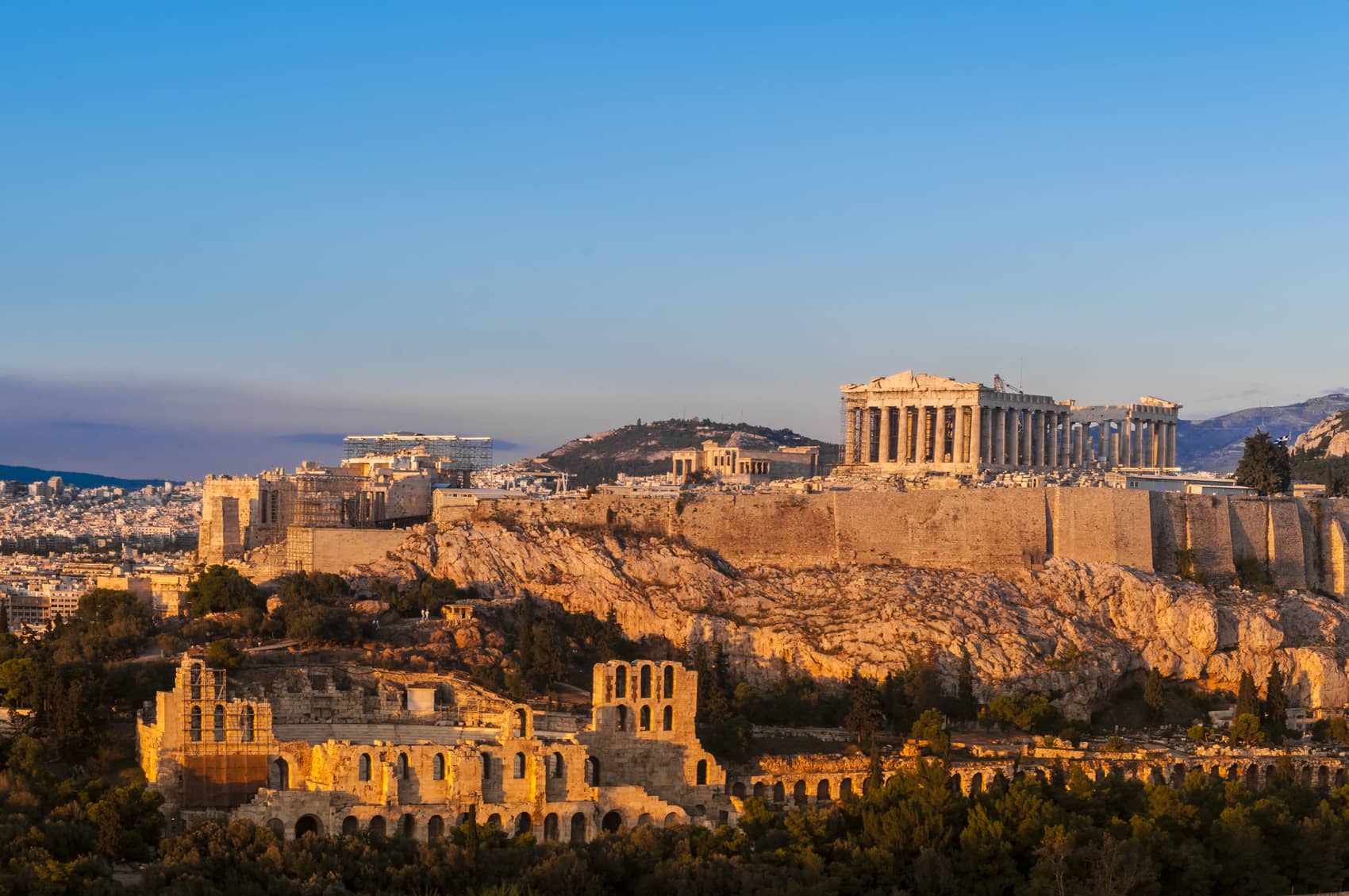 What do you picture when you think about Ancient Greece? When many of us envision what it was like during that time, we have certain expectations. These include, Greek theater, democracy, city-states, temples, and ancient philosophers. However, it is important to understand that, in many cases, our idealized version of what it was like in Ancient Greece is likely from a very selection time period – the Golden Age of Greece, which is also referred to the Classical Period. Here are some details about what made the Golden Age so important to not only the Greeks, but also to the rest of the world:
What do you picture when you think about Ancient Greece? When many of us envision what it was like during that time, we have certain expectations. These include, Greek theater, democracy, city-states, temples, and ancient philosophers. However, it is important to understand that, in many cases, our idealized version of what it was like in Ancient Greece is likely from a very selection time period – the Golden Age of Greece, which is also referred to the Classical Period. Here are some details about what made the Golden Age so important to not only the Greeks, but also to the rest of the world:
Overview of the Golden Age
The Golden Age of Greece, also referred to as the Classical Period, took place in Greece in the 5th and 4th Centuries B.C. This era is marked by the fall of the age of tyranny in Athens, when Peisistratus, a known tyrant, died in roughly 528 B.C. His death marked the edge of an oppressive era, but it would take until 510 B.C. until Greek society stabilized and began to flourish once again. This was followed by the rule of Alexander the Great, which was a time of remarkable growth for the Greek people. The end of the Golden Age occurred when Alexander passed away in 323 B.C.
Two Prominent City-States
During this time, Ancient Greece had two very prominent city-states – Athens and Sparta. Often at war with one another, these two city-states had completely different ideologies. However, both were successful in their own way. They were both also instrumental in preventing the Persian Empire from conquering Greece. During the First Persian Invasion in 490 B.C., it was Athens that fought off a sizable Persian army using their phalanx style of fighting. During the Second Persian Invasion, both Sparta and Athens played their parts. For Sparta, it was during the Battle of Thermopylae where they were able to hold off the Persians long enough for the Athenian Navy to group together and form a battle strategy. The Athenian Navy bested the Persian Navy, and the Persians left, never to return again.
Ancient Greek Culture
Political situations aside, the Golden Age was a time of remarkable cultural growth, and this is what people most often think of when they picture this time period. This is when the noted philosopher, Socrates, was alive and his method of questioning is still modeled today in today’s schools and universities. Aristotle, one of Socrates’ students also made important contributions to philosophy and intellectual thought. He was also one of Alexander the Great’s tutors when Alexander was a child. Plato’s student, Aristotle, also made important contributions. Greek theater was also invented during this time, and plays written by dramatists such as Aeschylus, Aristophanes, Euripides are still performed today. Other things, such as the Olympic Games were also popular during this time period. This is also when democracy was invented and the Athenian Parthenon was built.
The Golden Age of Greece, or the Classical Period, was one of the most important times in Greek history!
Source:

